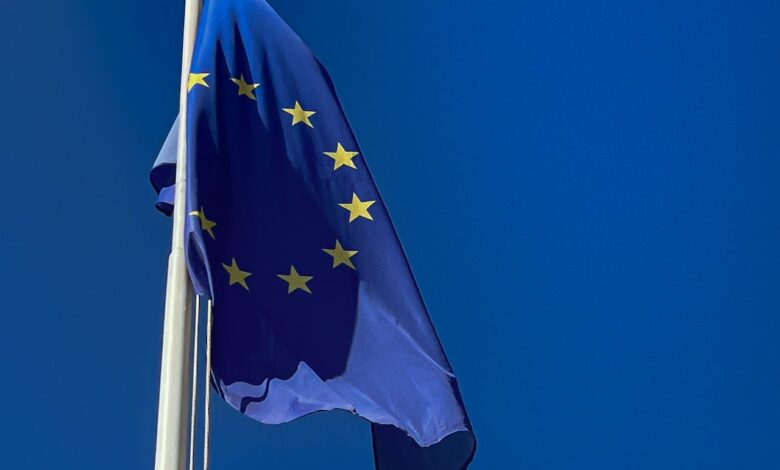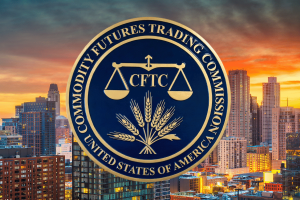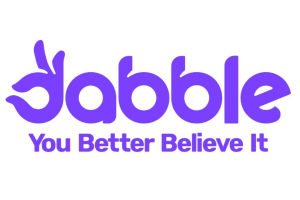
Brussels is on the cusp of approving unprecedented new regulations on artificial intelligence (AI) systems, establishing the most comprehensive controls on AI yet seen in the Western world, according to a recent Bloomberg report.
In lengthy negotiations that stretched late into Wednesday night, delegates from the European Commission, Parliament, and 27 member states reached a tentative compromise on rules that would govern AI systems like chatbots and generative AI tools such as OpenAI’s ChatGPT and Google’s Bard. Sources close to the closed-door talks say a formal deal is expected early Thursday morning.
The new AI Act would be the first major regulation of AI systems outside of Asia and would fill a notable void left by inaction from the U.S. Congress. Technology policy experts see the rules as likely setting an influential precedent for AI governance globally.
Strict new controls for Generative AI
Among the most complex negotiations have centered around specific requirements for generative AI systems — AI tools capable of producing original text, images, audio, and video on command. These systems include chatbots like ChatGPT and creative tools like DALL-E 2.
The tentative deal would mandate that developers of generative AI maintain detailed documentation on how models are trained and what copyrighted source material is utilized. Models would need to be clearly labeled as AI-generated.
For exceptionally high-risk generative AI deemed to pose “systemic risks,” additional oversight rules would apply. This could include forming an industry council to monitor for harm, documenting any incidents, and coordinating with EU regulators.
Addressing harm while supporting innovation
For European officials, a key priority has been balancing the need to foster an indigenous AI industry against managing potential societal dangers from uncontrolled AI systems.
Some European nations like France and Germany initially opposed regulations that they felt could undermine domestic AI startups and research hubs. The final language appears to have assuaged those concerns.
With elections coming in June, officials have raced to finalize language and pass regulations before a new Commission and Parliament takes office. The technical specifics will still need to be refined in follow-up meetings between national representatives.
But the broad guardrails now appear set. And the world is watching what could become the template for AI governance for years to come.
Source link




